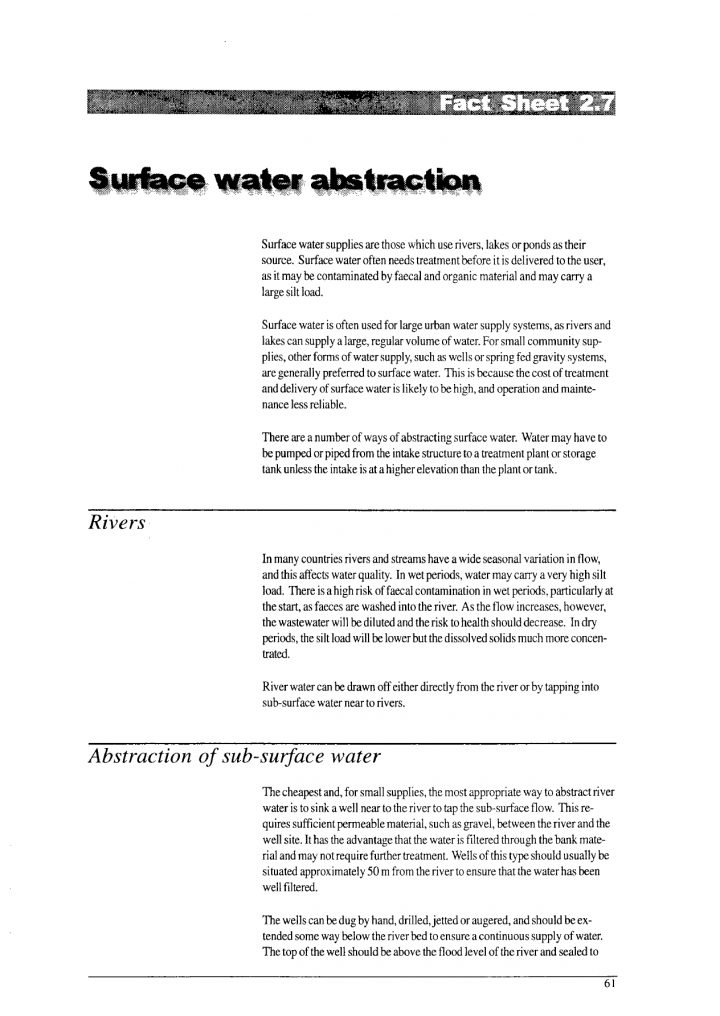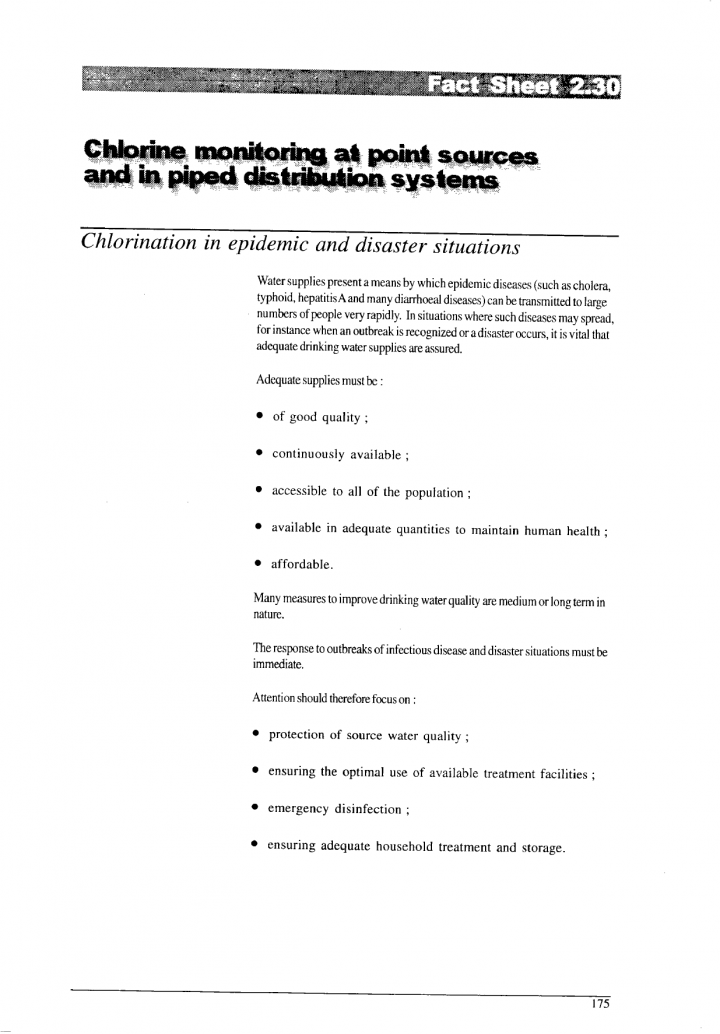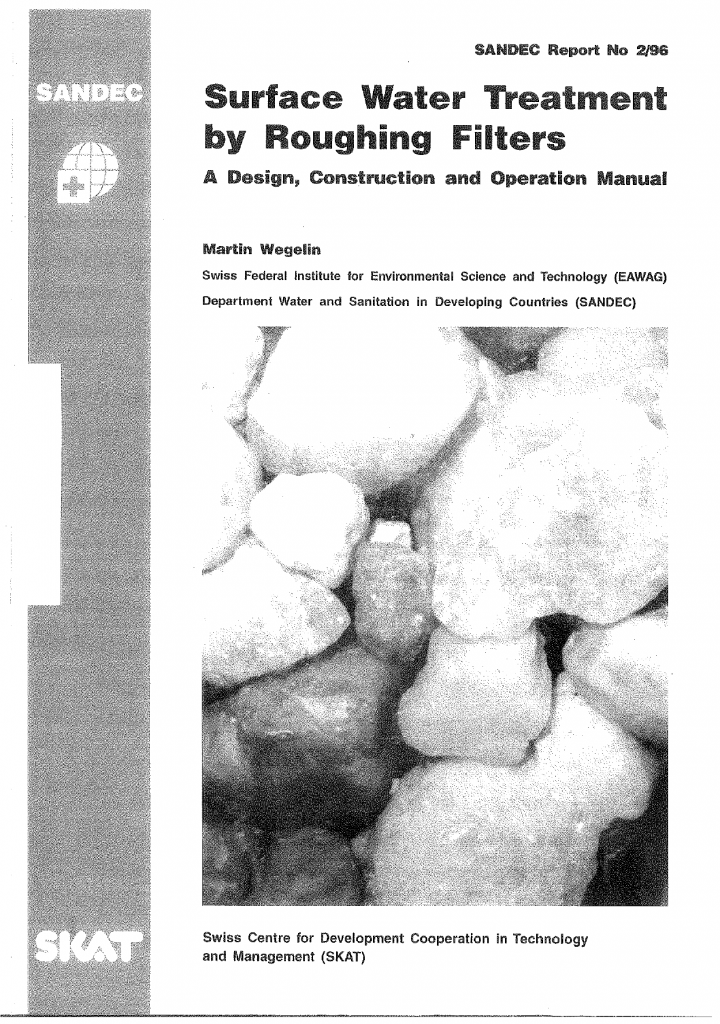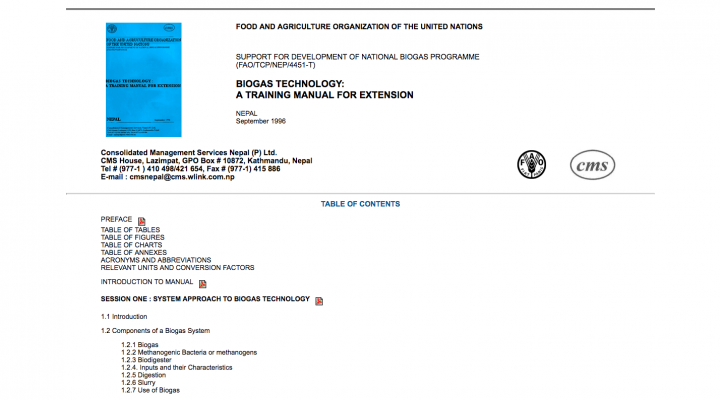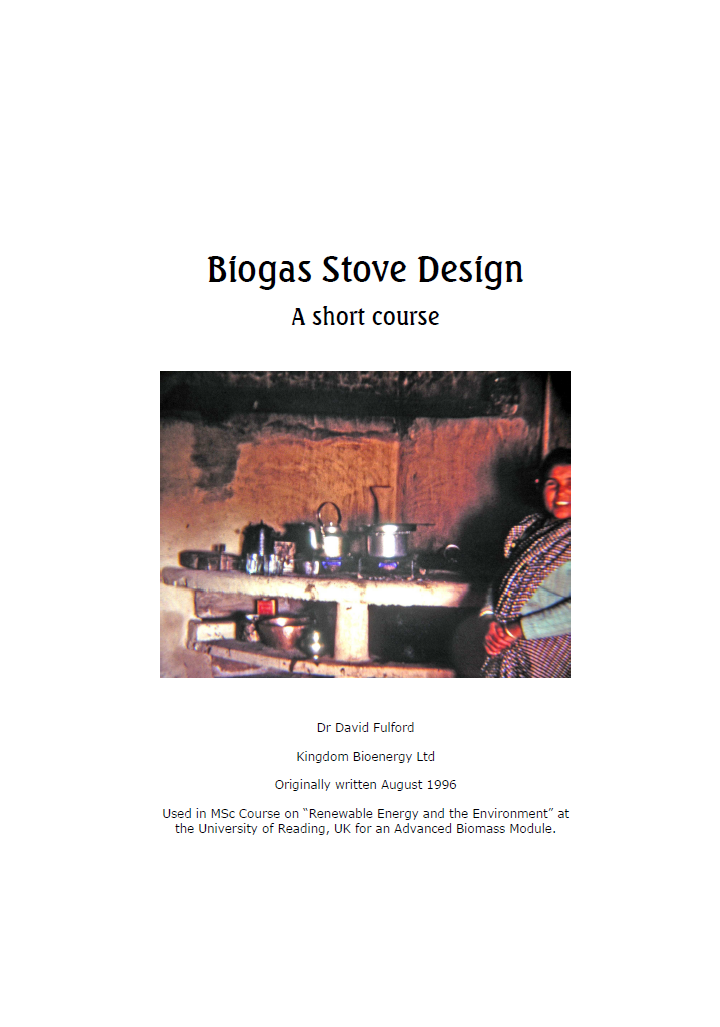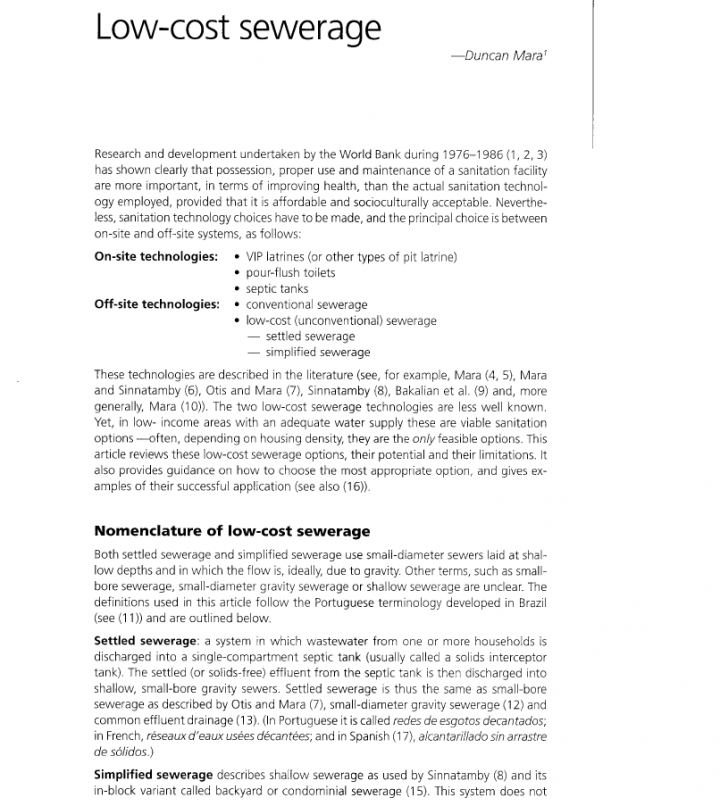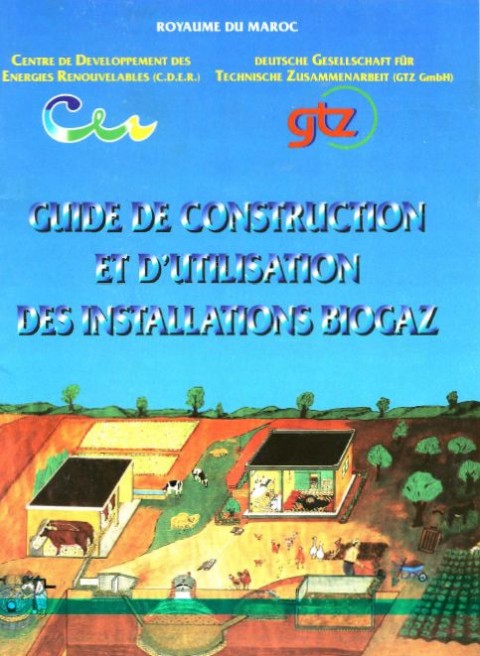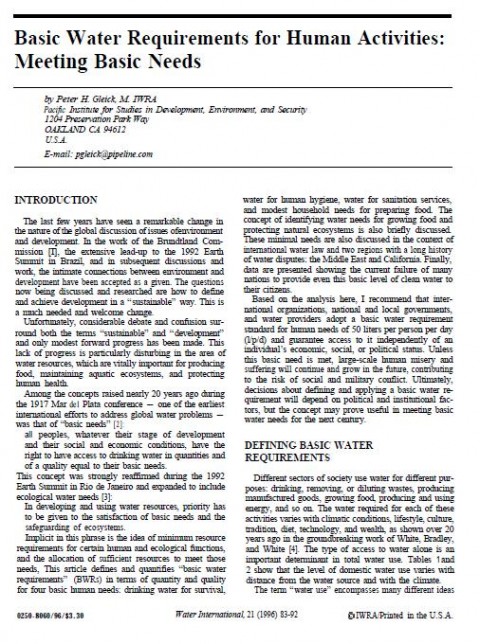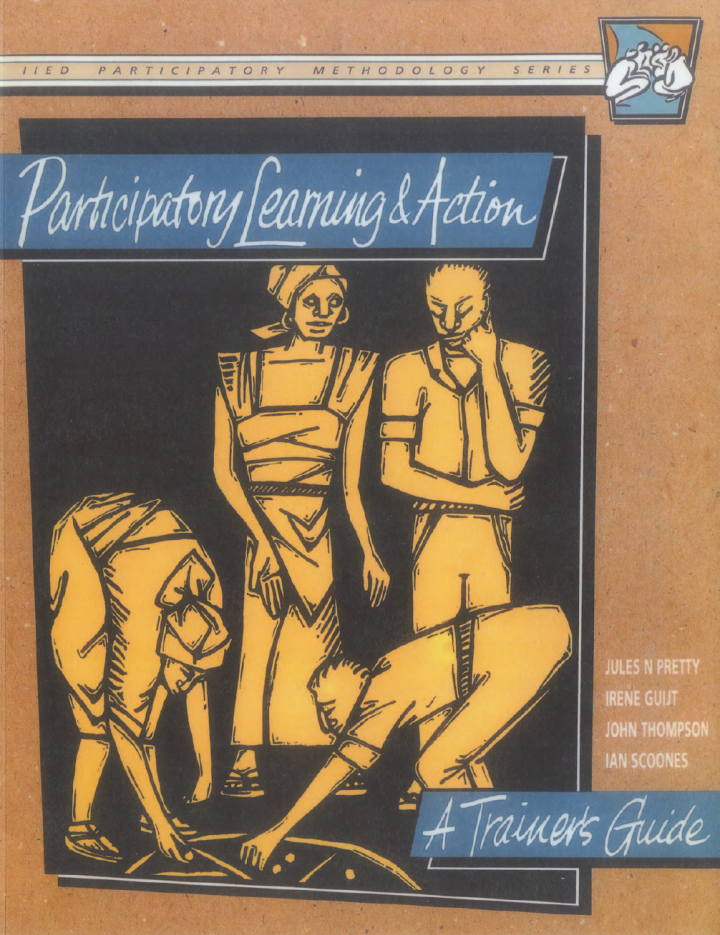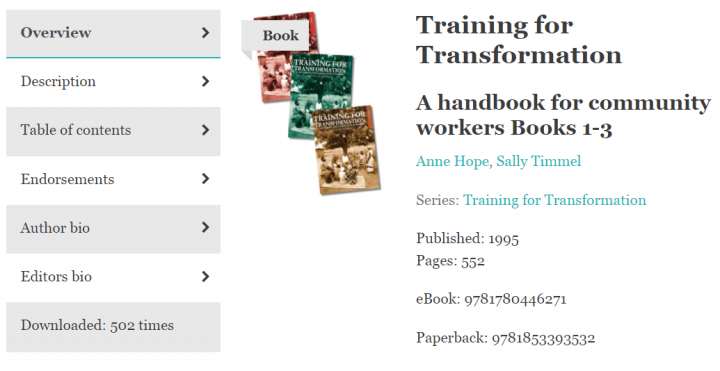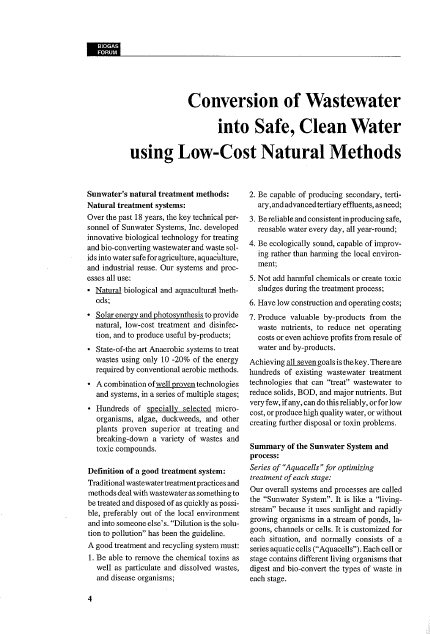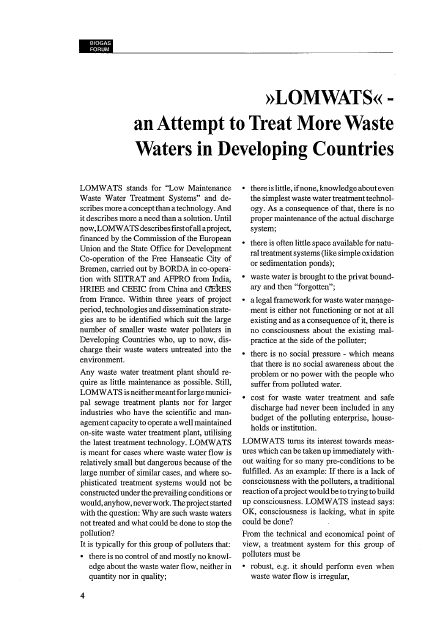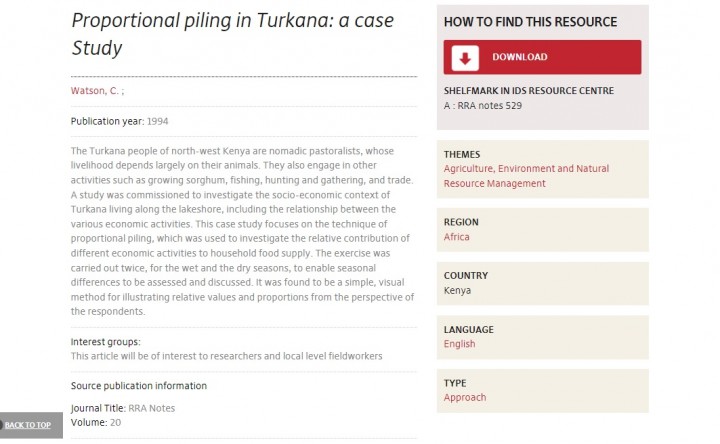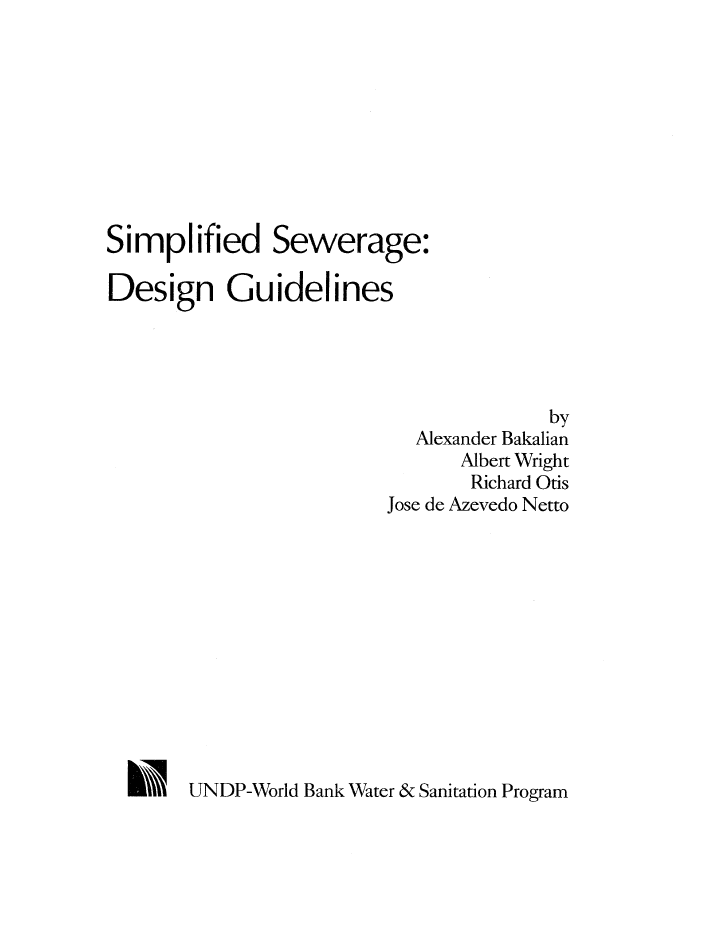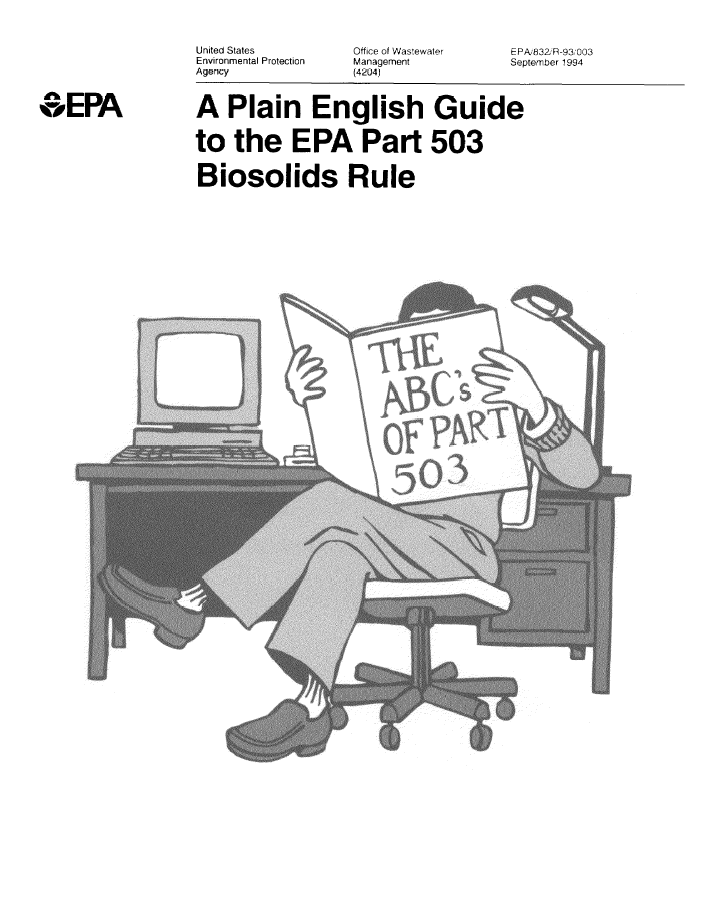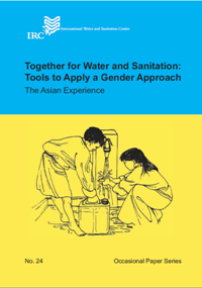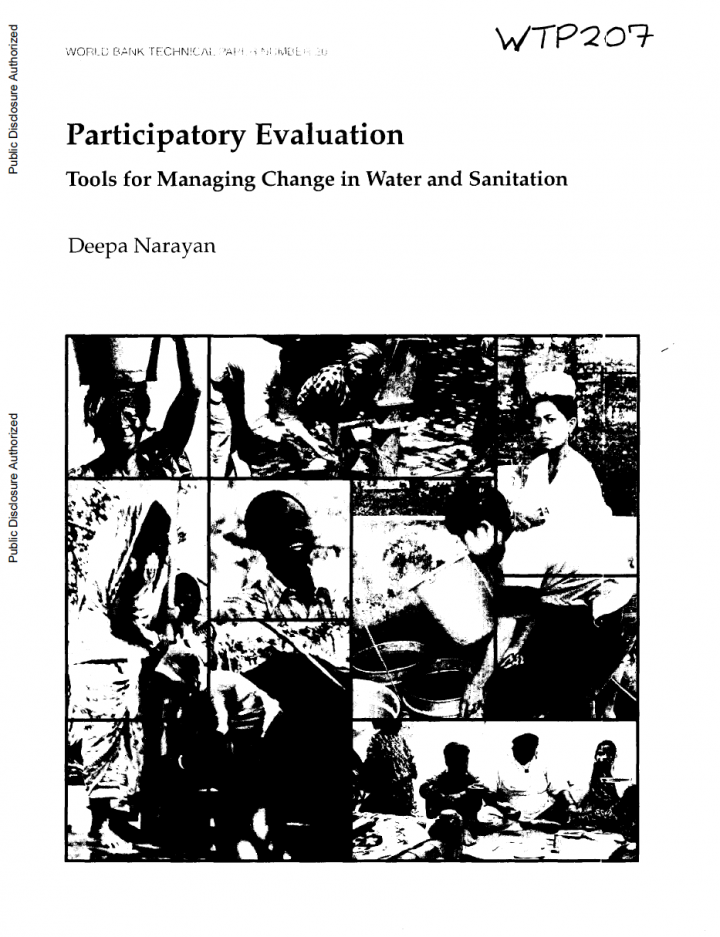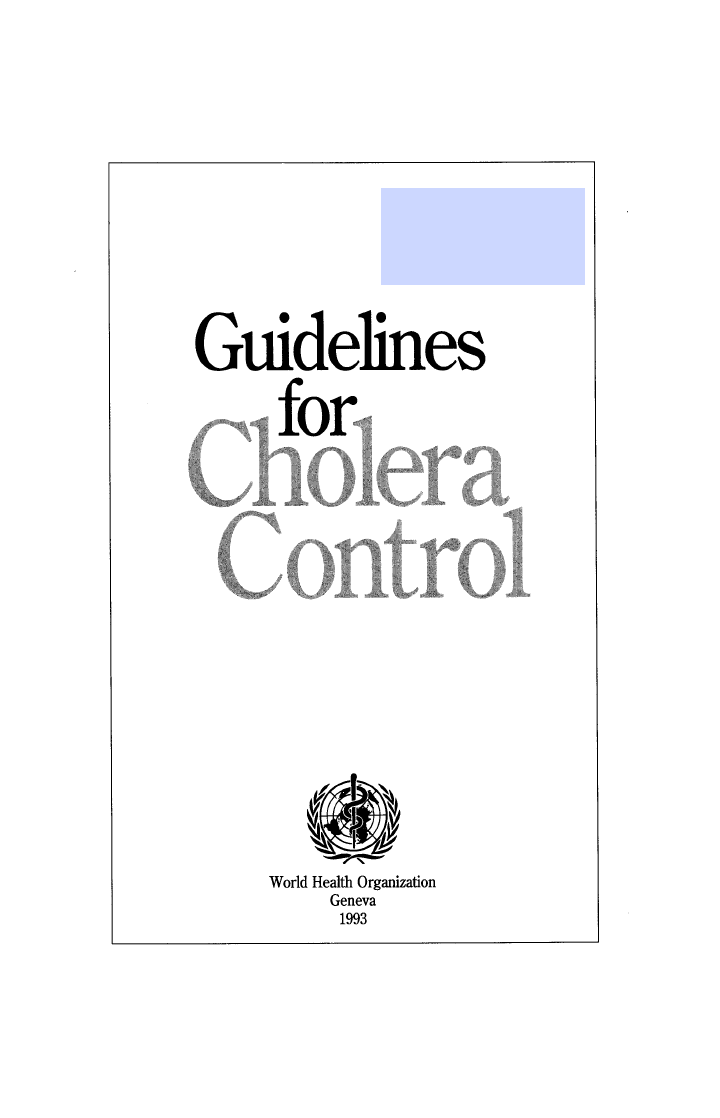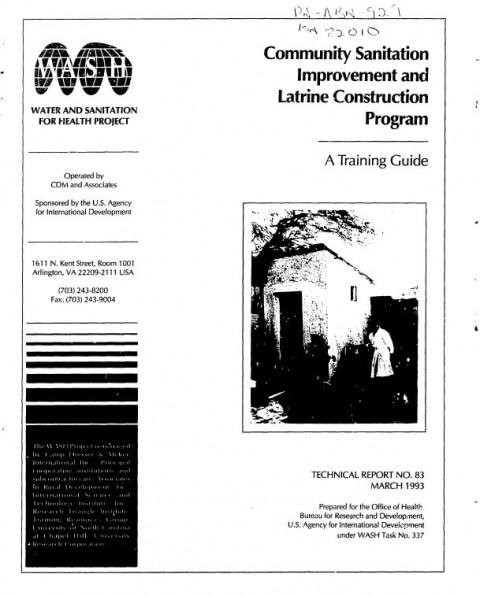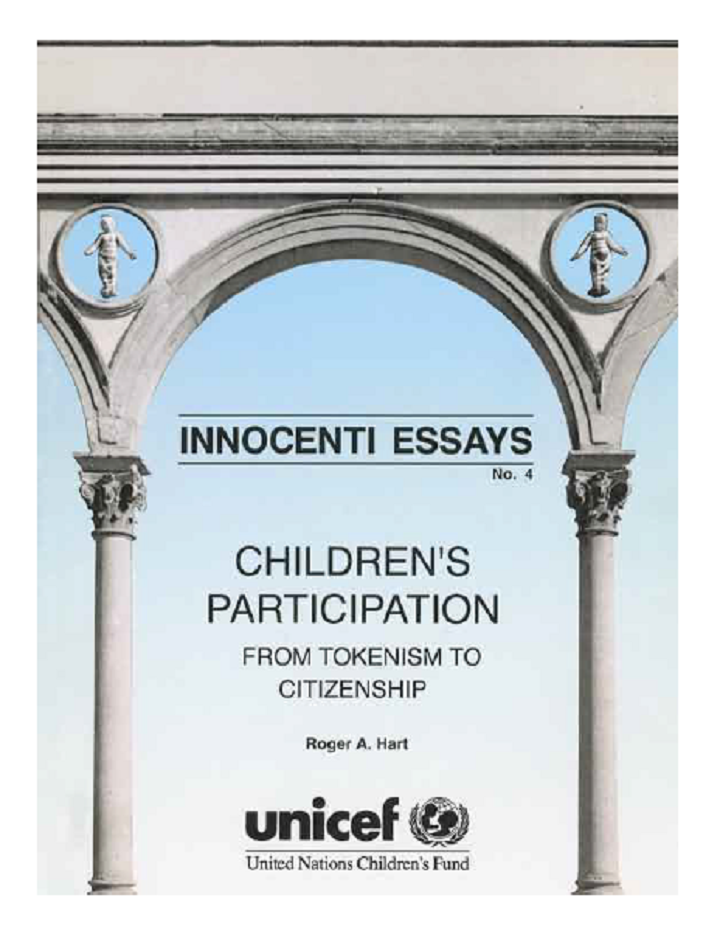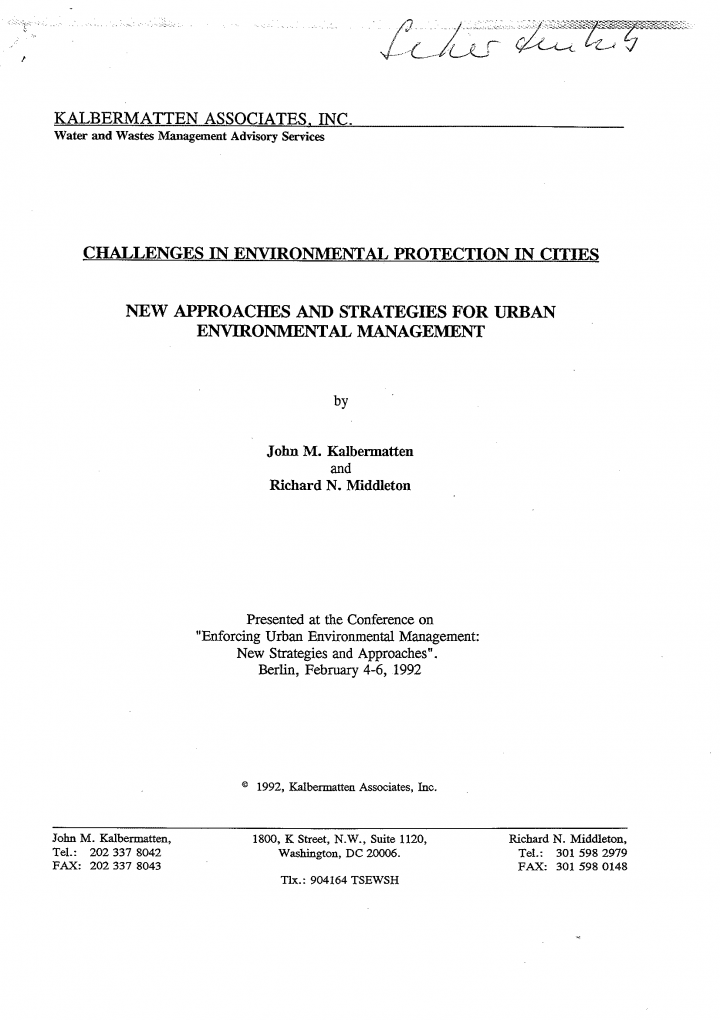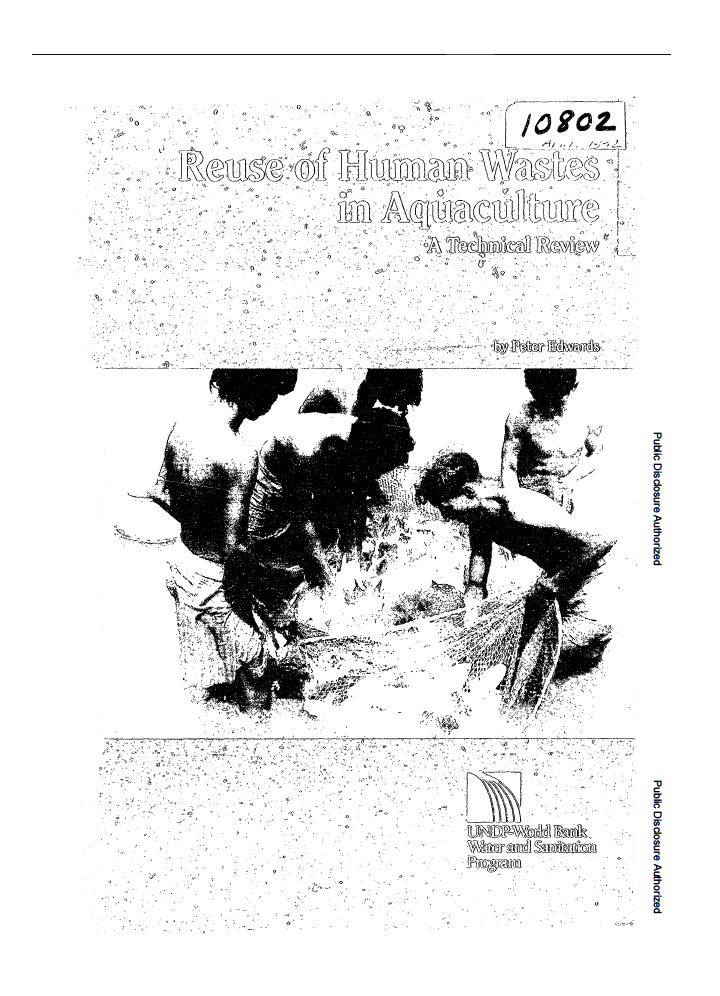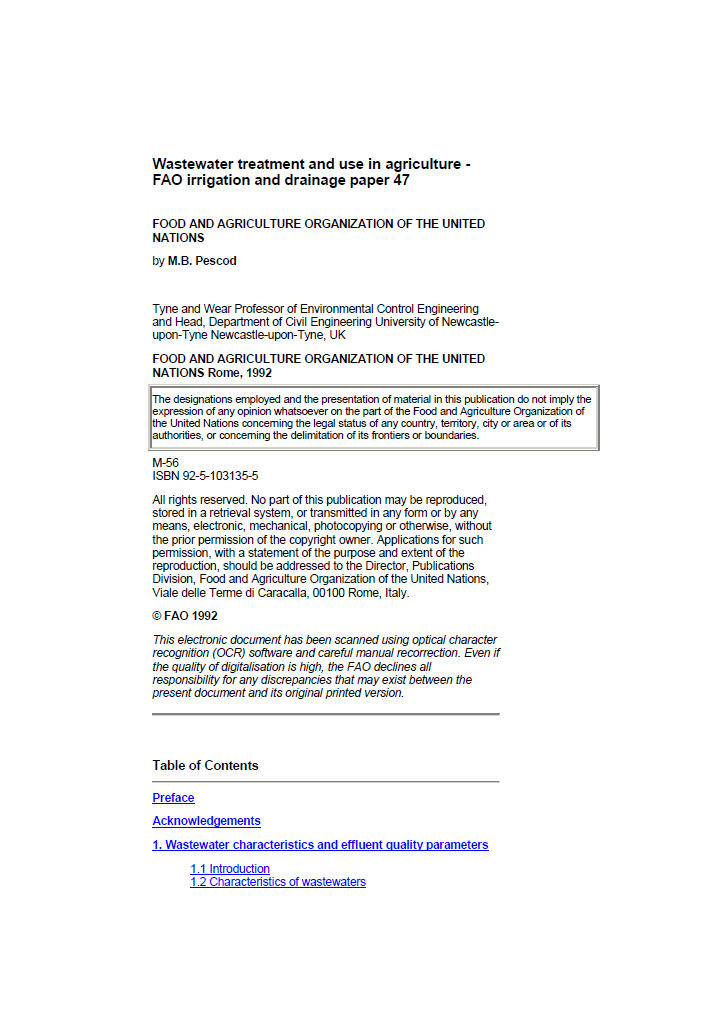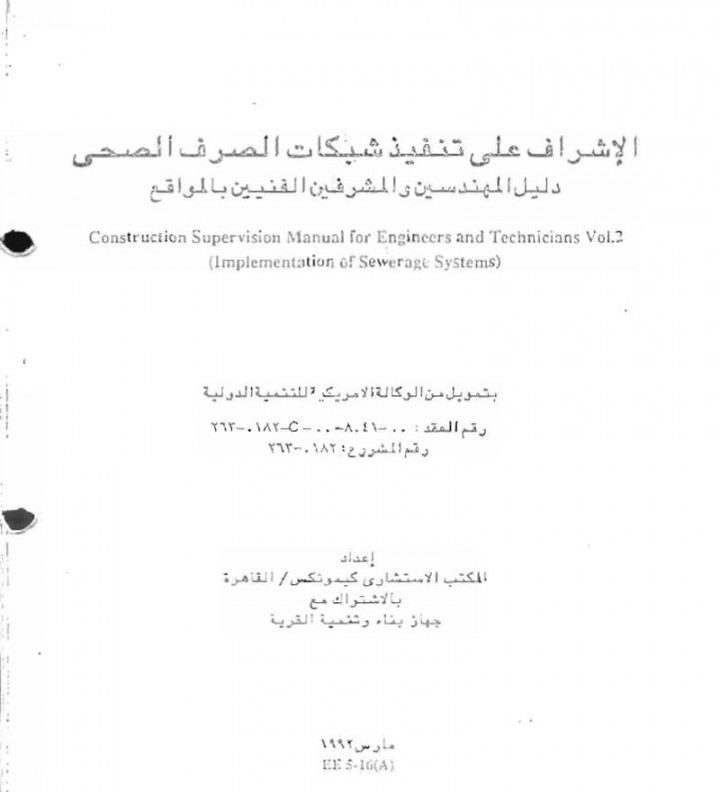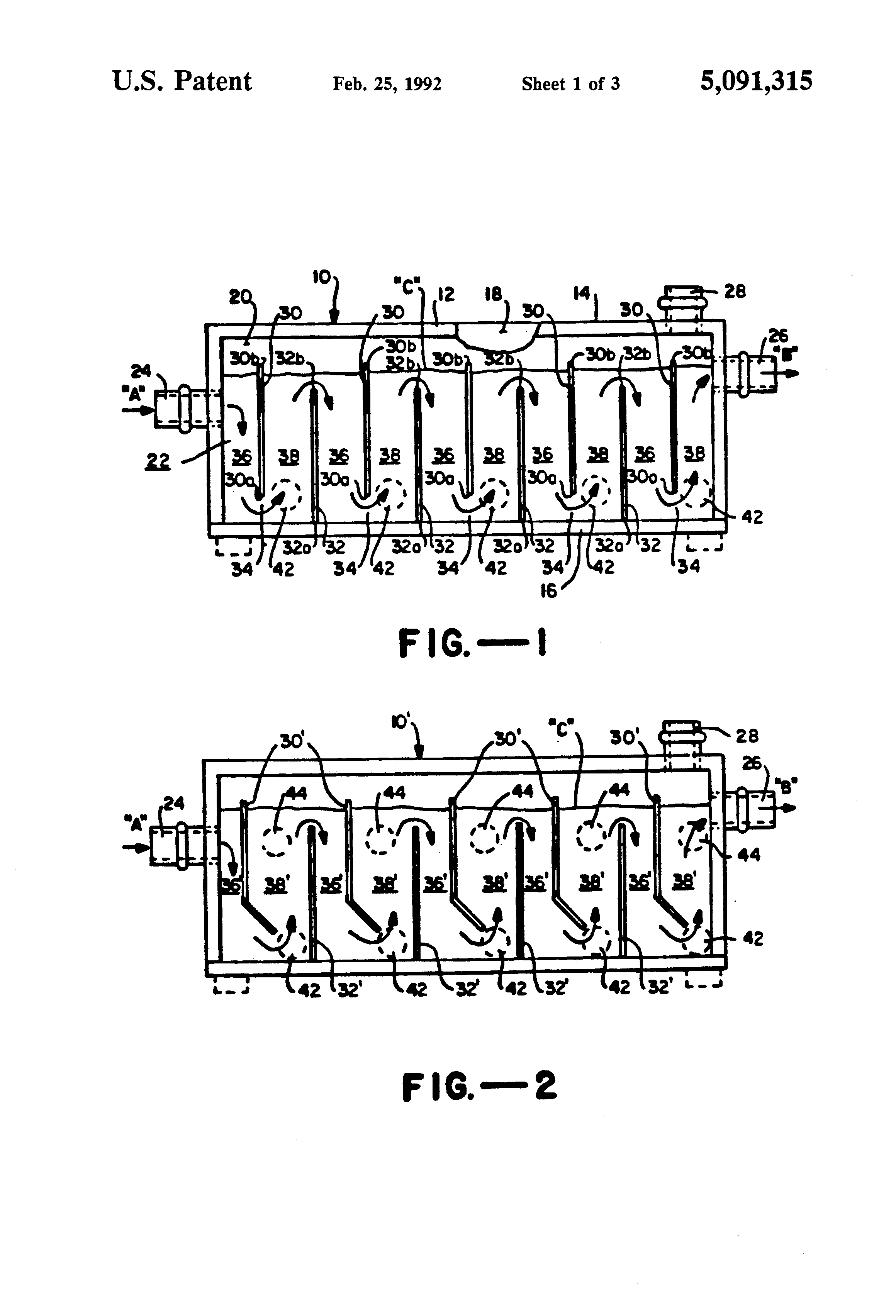Searching for information on Sanitation Workers?
The Sanitation Workers Knowledge + Learning Hub is the best source for all current news, trends, articles and updates on sanitation workers rights around the world.
Slow sand filtration applied as surface water treatment is particularly effective in improving the microbiological water quality. However, efficient application of this treatment process requires raw water of low turbidity. Pretreatment of surface water containing solid matter loads is therefore necessary. Chemical flocculation in conjunction with sedimentation for solid matter separation is …
This manual is an outcome of (FAO/TCP/NEP/4451 -T) project being implemented with the Ministry of
Forest and Soil Conservation as the liaison institution. CMS developed this manual through six stages. To
start with, a team of four CMS professionals prepared a draft of this manual which was improved upon
based on the comments and suggestions from the national experts and practitioners. At this …
Research and development undertaken by the World Bank during 1976-1986 has shown clearly that possession, proper use and maintenance of a sanitation facility are more important, in terms of improving health, than the actual sanitation technology employed, provided that it is affordable and socioculturally acceptable. Nevertheless, sanitation technology, sanitation technology choices have to be …
Designed for both experienced and new trainers who have an interest in training others in the use of participatory methods, whether they are researchers, practitioners, policy-makers, villagers or trainers. The guide: provides a comprehensive background to the principles of adult learning; focuses on the facilitation skills necessary for effective training; describes group dynamics and how to …
Three volumes designed to assist workers in the field who are encouraging the development of self-reliant creative communities. The book has as its basic philosophy the belief that we should all participate in making this world a more just place to live in. Training for Transformation integrates the approach of Paulo Freire and how to put his method into practice, Manfred Max Neef's understanding …
The Turkana people of north-west Kenya are nomadic pastoralists, whose livelihood depends largely on their animals. They also engage in other activities such as growing sorghum, fishing, hunting and gathering, and trade. A study was commissioned to investigate the socio-economic context of Turkana living along the lakeshore, including the relationship between the various economic activities. This …
This report presents design guidelines used for simplified sewers. It is based on information collected from a number of projects in Brazil and through discussions held with the staff of the state water companies of Sao Paulo (SABESP) and Parana (SANEPAR). Additional data from the literature and other areas are also presented.
The purpose of this document is to explain the intent and requirements of the Part 503 rule and to assist owner/operators in determining the extent to which their biosolids management operation is covered. To help clarify the intent of the Part 503 rule! this guidance document sometimes uses terms that do not appear in the rule itself and organizes information differently from the rule. For …
There is now widespread recognition that participatory development-involvinig users and communities in all stages of the development process-is critical for achieving sustained benefits. By responding to felt needs, and by involving stakeholders intimately in all aspects of a program, participatory development creates "ownership," accountability, and a willingness on the part of users to manage …
These guidelines have been prepared by the Global Task Force on Chlore Control of the World Health Organization to help managers of national diarrhoeal disease control programmes and others responsible for implementing cholera control activities. They may also be useful to international, bilateral, and non-governmental agencies in deciding on appropriate means of assiting countries to control …
A nation is democratic to the extent that its citizens are involved, particularly at the community level. The confidence and competence to be involved must be gradually acquired through practice. It is for this reason that there should be gradually increasing opportunities for children to participate in any aspiring democracy, and particularly in those nations already convinced that they are …
The 1990s undoubtedly is the Decade of the Environment. Not because the decade may be so designated, or because there will be another world conference on the topic. The designation applies because there exists today an awareness, even a fear that, unless we take some decisive action to protect the environment, we will suffer unacceptable consequences; that this decade indeed could be the last …
New national goals in wastewater treatment in the United States of America place strong emphasis on the use of natural systems and improved biological processes. These goals encourage sewage reuse through agriculture, forestry, and aquaculture (Duffer 1982). However, the cultivation of fish in wastewater has been of interest in the United States for only a short time: from a practical point of …
This Irrigation and Drainage Paper is intended to provide guidance to national planners and decision-makers, agricultural and municipal managers, field engineers and scientists, health and agricultural field workers, wastewater treatment plant operators and farmers. Consequently, it covers a broad range of relevant material, some in considerable depth but some more superficially. It is meant to …

